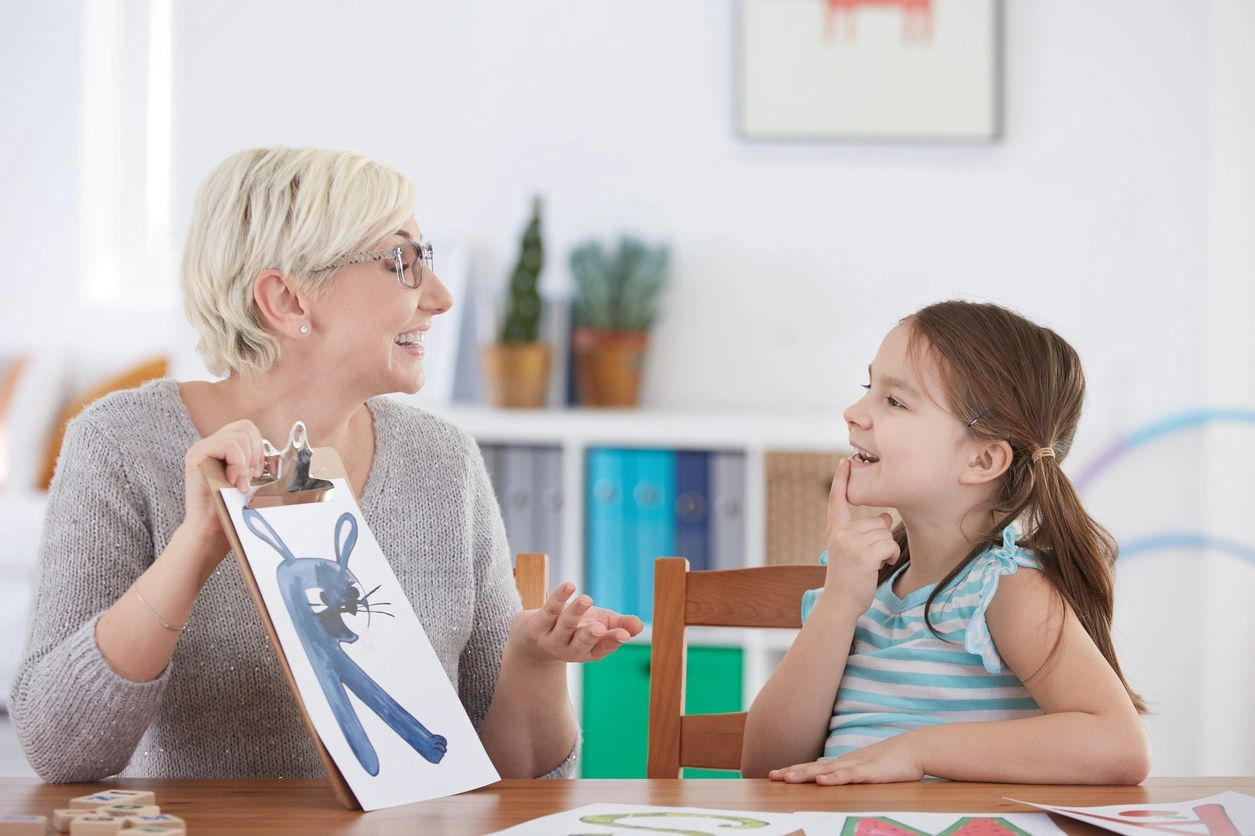
Good Mental Health for Children: Nurturing Well-being and Building Resilience
Good Mental Health for Children: Nurturing Well-being and Building Resilience
Children’s mental health plays a crucial role in their overall well-being and development. As parents and caregivers, it’s essential to understand the importance of fostering good mental health in children from an early age. In this article, we will explore strategies and techniques to promote positive mental health, nurture emotional well-being, and build resilience in children.
What is Children’s Mental Health?
Children’s mental health encompasses their emotional, social, and psychological well-being. It influences how children think, feel, and behave, shaping their ability to navigate life’s challenges and build healthy relationships. Good mental health is essential for children to develop socially, emotionally, mentally, and physically.
The Benefits of Good Mental Health
When children have good mental health, they experience numerous benefits that contribute to their overall well-being. Here are some key advantages:
- Social Development: Good mental health helps children build positive social skills, form meaningful relationships, and interact effectively with others.
- Emotional Well-being: Children with good mental health feel loved, safe, and secure. They experience positive emotions, manage their feelings effectively, and have a healthy outlook on life.
- Cognitive Development: Good mental health lays the foundation for better cognitive development, enhancing children’s ability to learn, think critically, and solve problems.
- Resilience: Children with good mental health can cope with stress, setbacks, and challenges. They have the resilience to bounce back from difficult situations and adapt to change.
Nurturing Relationships for Good Mental Health
Loving and supportive relationships are fundamental to children’s mental health. As parents and caregivers, there are several ways you can promote your child’s mental health through positive relationships:
- Express Unconditional Love: Communicate your love for your child both verbally and non-verbally. Show affection, provide reassurance, and make them feel secure in your love.
- Positive Reinforcement: Use a positive and constructive approach to guide your child’s behaviour. Praise and reward good behaviour, focusing on encouragement rather than punishment.
- Effective Communication: Make time to talk and listen to your child. Be present, give them your full attention, and engage in meaningful conversations. Encourage them to express their thoughts and feelings.
- Quality Time: Spend dedicated time with your child doing activities they enjoy. This could be reading together, playing games, or engaging in hobbies that they find fulfilling.
- Family Meals: Regular family meals provide an opportunity to connect, strengthen relationships, and create a sense of stability. It also encourages healthy eating habits and fosters open communication.
- Conflict Resolution: Teach your child positive ways to solve problems and manage conflicts. Help them develop effective communication skills and encourage empathy and understanding.
- Community Engagement: Encourage your child to interact with others in the community. Participating in community activities and building connections with different people helps children develop a sense of belonging and empathy.
Emotional Well-being and Self-Management
Children experience a wide range of emotions as they grow, and helping them manage and understand their emotions is crucial for their mental health. Here are some strategies to support their emotional well-being:
- Emotional Awareness: Talk to your child about emotions and help them recognize and label their feelings. Encourage them to express their emotions in healthy ways.
- Positive Outlook: Model a positive outlook for your child by demonstrating resilience and optimism. Help them understand that setbacks and challenges are a part of life and can be learning opportunities.
- Supportive Environment: Create a safe and supportive environment where your child feels comfortable expressing their emotions. Assure them that their feelings are valid and provide them with the necessary support.
- Managing Worries: Teach your child strategies to manage worries and anxieties. Encourage them to face their fears gradually and provide guidance and reassurance along the way.
- Problem-Solving Skills: Help your child develop problem-solving skills by teaching them how to analyse situations, brainstorm solutions, and make decisions. This empowers them to take control of challenging situations.
Developing Positive Behaviours and Skills
Promoting good mental health involves nurturing positive behaviours, goals, and skills in children. Here are some ways to support their development:
- Family Rules: Establish clear family rules and involve your child in developing them. Adjust the rules as your child grows, ensuring they understand the expectations and consequences.
- Goal Setting: Help your child set realistic goals based on their age and abilities. Celebrate their efforts and progress, focusing on the process rather than just the end result.
- Problem Solving: Teach your child problem-solving techniques, encouraging them to identify problems, brainstorm solutions, and choose the best course of action. This builds their critical thinking skills.
- Encourage Exploration: Motivate your child to try new things, take age-appropriate risks, and learn from their mistakes. Encourage them to step out of their comfort zone and embrace new experiences.
The Role of Physical Health
Physical health is closely intertwined with mental health. Taking care of your child’s physical well-being positively impacts their mental well-being. Here are some strategies to promote good physical health:
- Healthy Eating: Offer nutritious food and encourage healthy eating habits in your child. Provide a balanced diet that includes fruits, vegetables, whole grains, and lean proteins.
- Physical Activity: Encourage your child to engage in regular physical activity and participate in sports or active play. Physical exercise releases endorphins and promotes positive mental health.
- Adequate Sleep: Ensure your child gets enough quality sleep. Establish a bedtime routine and create a sleep-friendly environment to support their physical and mental well-being.
- Safety Practices: Teach your child about safety measures, such as wearing helmets when biking or using appropriate safety gear during sports activities. Ensuring their physical safety promotes peace of mind and mental well-being.
Taking Care of Yourself
As a parent or caregiver, it’s essential to prioritise your own mental health and well-being. When you take care of yourself, you can better support your child’s mental health. Here are some self-care strategies:
- Self-Care Activities: Engage in activities that bring you joy and relaxation. Take time for hobbies, exercise, or simply enjoy moments of solitude.
- Stress Management: Identify and manage sources of stress in your life. Seek support from friends, family, or professional services when needed.
- Seeking Support: Reach out for help if you’re feeling overwhelmed or struggling with your mental health. Talk to your healthcare provider or seek support from mental health organisations.
- Maintaining Relationships: Nurture your relationships with friends, family, and your community. Social connections are vital for your own well-being.
Seeking Professional Help
If you have concerns about your child’s mental health or notice signs of poor mental health that persist, it’s important to seek professional help. Your child’s healthcare provider can guide you to the most appropriate services for your family’s needs.
Conclusion
Promoting good mental health in children is a continuous process that requires nurturing positive relationships, fostering emotional well-being, and developing key behaviours and skills. By providing a supportive environment, encouraging self-expression, and modelling healthy habits, you can help your child build resilience, thrive, and achieve optimal mental health. Remember, your own well-being is equally important, so prioritise self-care and seek support when needed. Together, we can nurture the mental health of our children and empower them to lead fulfilling lives.

